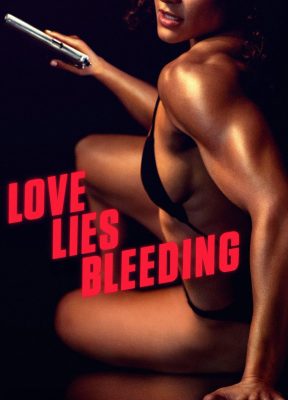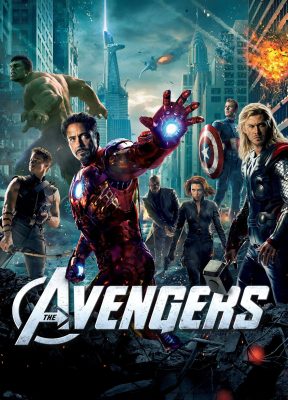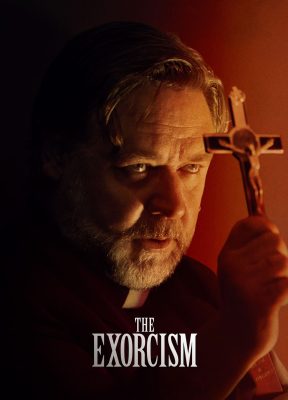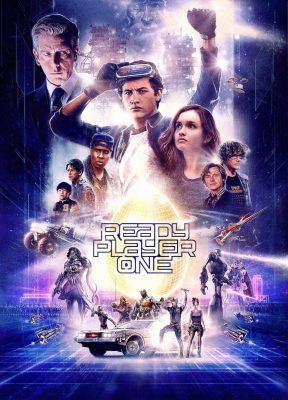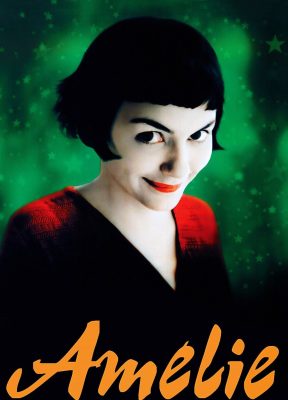
Top 10 Movies That Brought Literary Classics to Life
Adapting literary classics into film is an art that requires balancing fidelity to the source material with cinematic innovation. The following ten movies have masterfully translated timeless stories from page to screen, capturing the essence of their original works while offering fresh perspectives. These films not only honor the authors’ visions but also introduce new generations to the enduring power of classic literature.
1. Pride and Prejudice (2005)
Director: Joe Wright
Based on: Jane Austen’s Pride and Prejudice (1813)
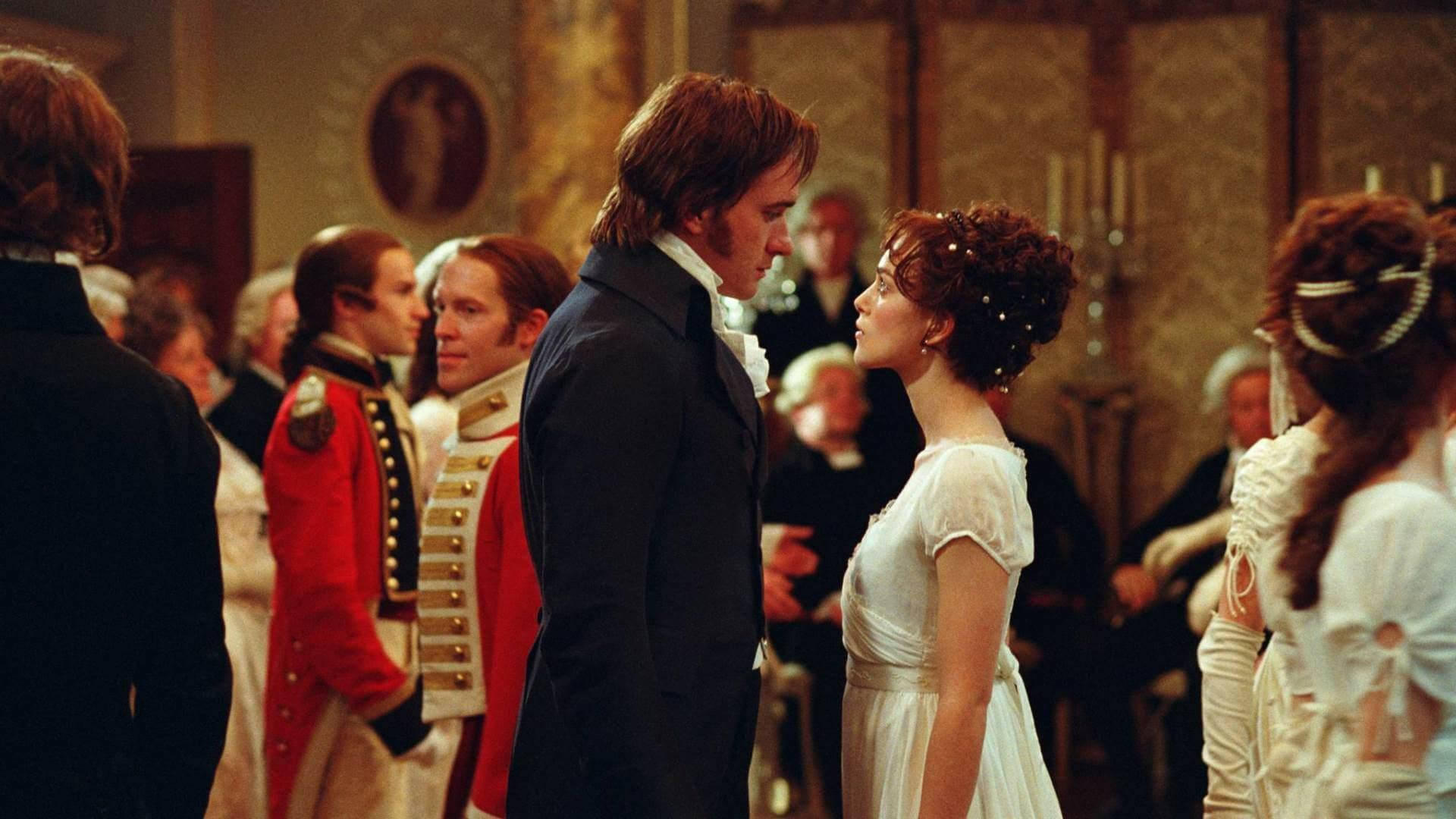
Overview: Keira Knightley stars as Elizabeth Bennet, whose sharp wit and independence clash with the brooding Mr. Darcy (Matthew Macfadyen) in this lush adaptation of Austen’s beloved novel.
Why It Stands Out: Wright’s direction emphasizes the emotional depth of Austen’s social satire, blending sweeping landscapes with intimate moments. The film’s iconic scene of Darcy’s dawn proposal, shrouded in mist, captures the novel’s romantic tension.
Legacy: Nominated for four Oscars, this adaptation remains a gateway to Austen’s world, praised for its vibrant energy and faithful spirit.
2. To Kill a Mockingbird (1962)
Director: Robert Mulligan
Based on: Harper Lee’s To Kill a Mockingbird (1960)

Overview: Gregory Peck delivers an Oscar-winning performance as Atticus Finch, a lawyer defending an innocent Black man in the racially charged American South, seen through the eyes of his daughter, Scout.
Why It Stands Out: Mulligan’s restrained direction preserves the novel’s moral urgency and childhood innocence. Peck’s portrayal of Atticus as a beacon of integrity has become iconic.
Legacy: Ranked among the greatest films of all time, it remains a poignant exploration of justice and humanity.
3. The Lord of the Rings Trilogy (2001–2003)
Director: Peter Jackson
Based on: J.R.R. Tolkien’s The Lord of the Rings (1954–1955)
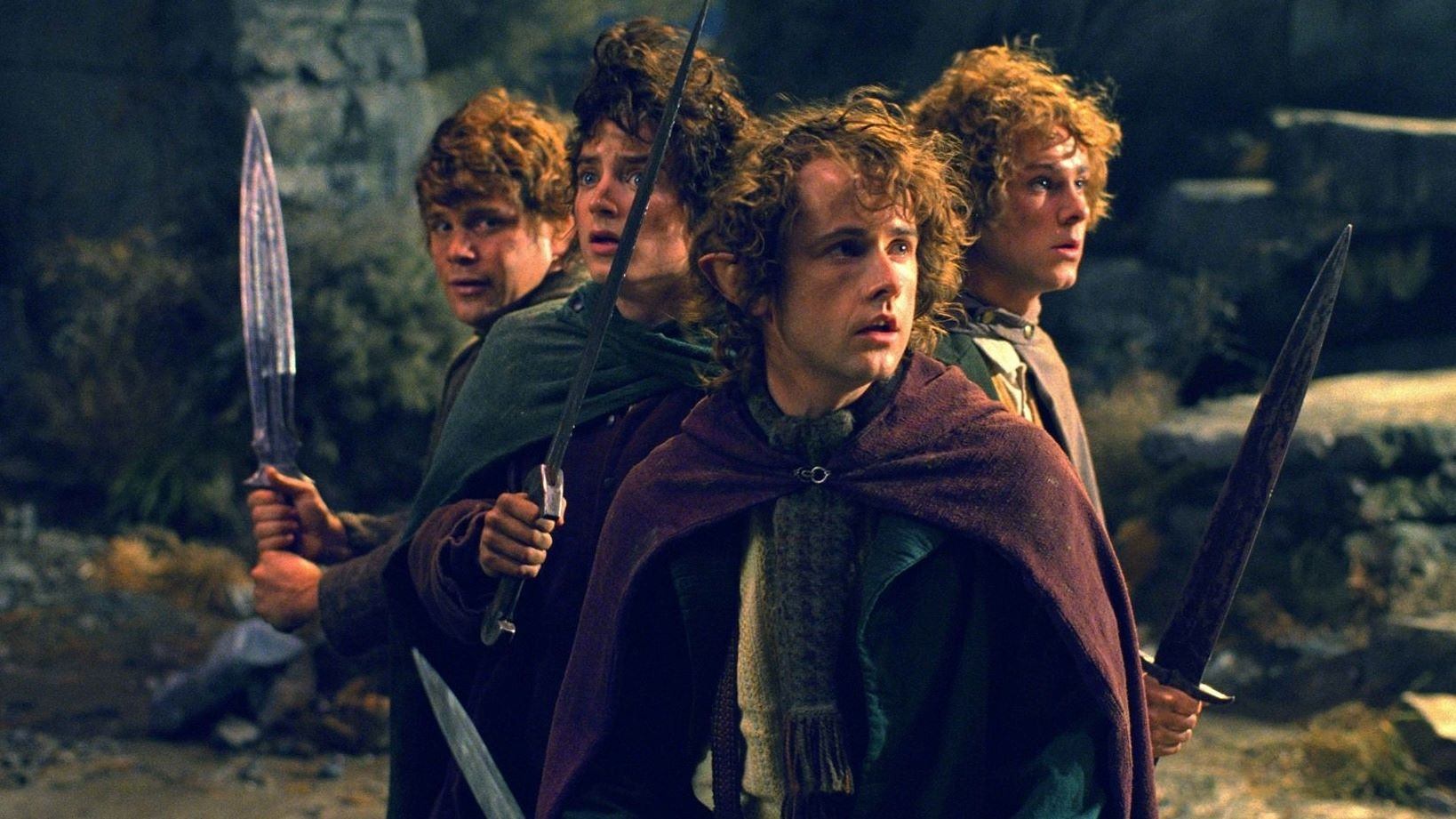
Overview: This epic trilogy follows Frodo Baggins (Elijah Wood) and the Fellowship’s quest to destroy the One Ring, battling dark forces across Middle-earth.
Why It Stands Out: Jackson’s meticulous world-building and groundbreaking special effects honor Tolkien’s vision while creating a cinematic spectacle. The emotional depth of characters like Aragorn (Viggo Mortensen) and Gollum (Andy Serkis) elevates the fantasy genre.
Legacy: Won 17 Oscars, including Best Picture for The Return of the King, redefining epic storytelling.
4. Les Misérables (2012)
Director: Tom Hooper
Based on: Victor Hugo’s Les Misérables (1862)
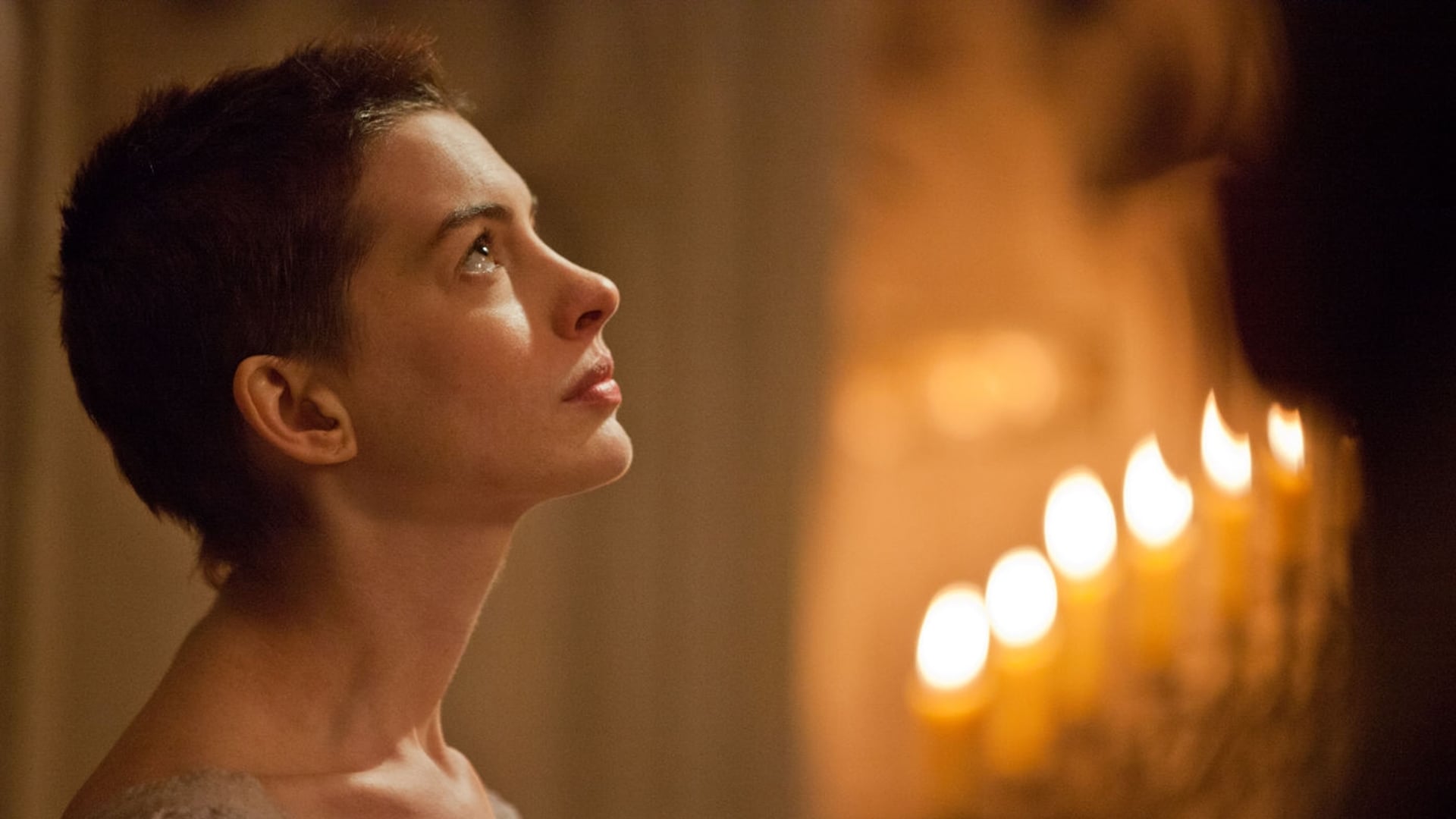
Overview: Hugh Jackman stars as Jean Valjean, a former convict seeking redemption amid the tumult of 19th-century France, with Anne Hathaway as the tragic Fantine.
Why It Stands Out: Hooper’s decision to record live singing adds raw emotion to the musical numbers. Hathaway’s rendition of “I Dreamed a Dream” is hauntingly visceral.
Legacy: Won three Oscars, praised for its bold approach to the beloved stage musical and novel.
5. The Great Gatsby (2013)
Director: Baz Luhrmann
Based on: F. Scott Fitzgerald’s The Great Gatsby (1925)
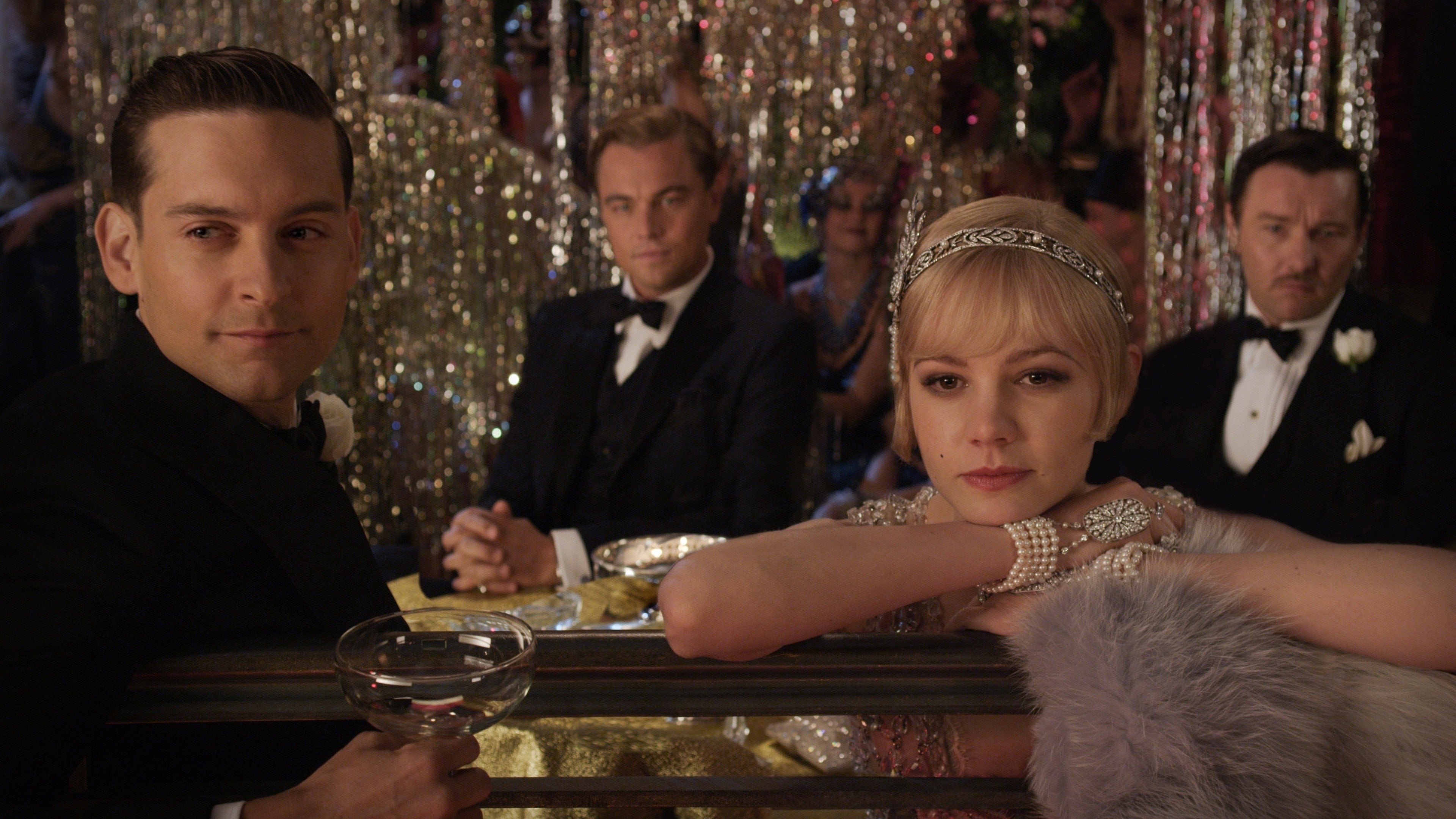
Overview: Leonardo DiCaprio embodies Jay Gatsby, the enigmatic millionaire pining for Daisy Buchanan (Carey Mulligan) in a glittering yet hollow Jazz Age New York.
Why It Stands Out: Luhrmann’s hyper-stylized visuals and modern soundtrack (produced by Jay-Z) underscore Fitzgerald’s critique of the American Dream. The opulent parties and Gatsby’s tragic yearning are rendered with dazzling excess.
Legacy: A polarizing but visually sumptuous adaptation that revived interest in Fitzgerald’s work.
6. Little Women (2019)
Director: Greta Gerwig
Based on: Louisa May Alcott’s Little Women (1868–1869)
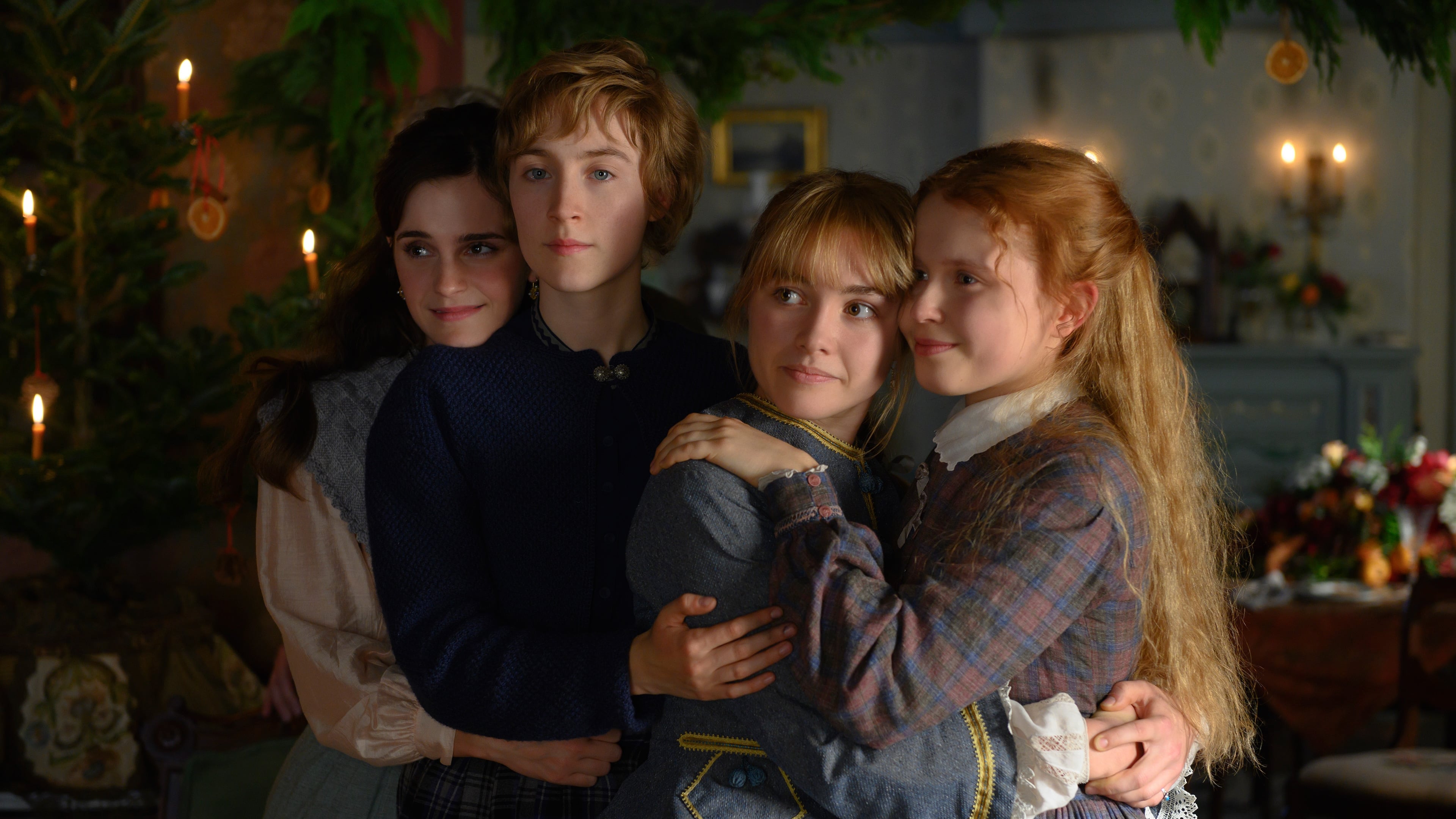
Overview: Gerwig’s nonlinear retelling follows the March sisters—Jo (Saoirse Ronan), Meg (Emma Watson), Beth (Eliza Scanlen), and Amy (Florence Pugh)—as they navigate love, ambition, and societal constraints.
Why It Stands Out: By highlighting Jo’s career as a writer and Amy’s pragmatism, Gerwig injects modern feminism into Alcott’s classic. The ensemble cast shines, particularly Pugh’s nuanced portrayal of Amy.
Legacy: Nominated for six Oscars, this adaptation redefines the story for contemporary audiences.
7. Anna Karenina (2012)
Director: Joe Wright
Based on: Leo Tolstoy’s Anna Karenina (1878)
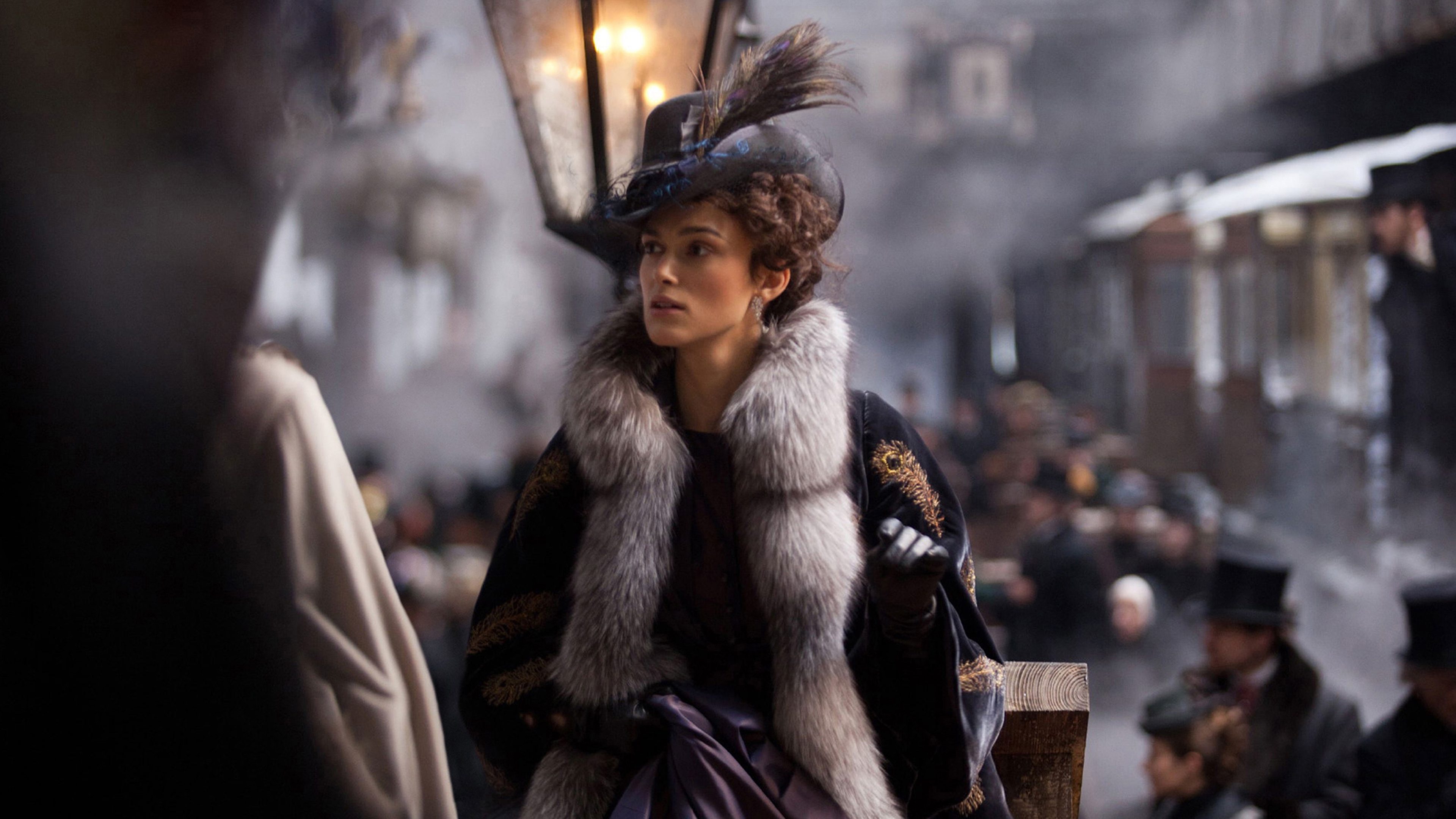
Overview: Keira Knightley stars as Anna, whose affair with Count Vronsky (Aaron Taylor-Johnson) leads to social ruin in Imperial Russia.
Why It Stands Out: Wright stages the film within a decaying theater, mirroring the performative nature of aristocracy. The choreography and opulent costumes underscore Tolstoy’s critique of societal hypocrisy.
Legacy: A visually daring interpretation that emphasizes the novel’s tragic grandeur.
8. Sense and Sensibility (1995)
Director: Ang Lee
Based on: Jane Austen’s Sense and Sensibility (1811)
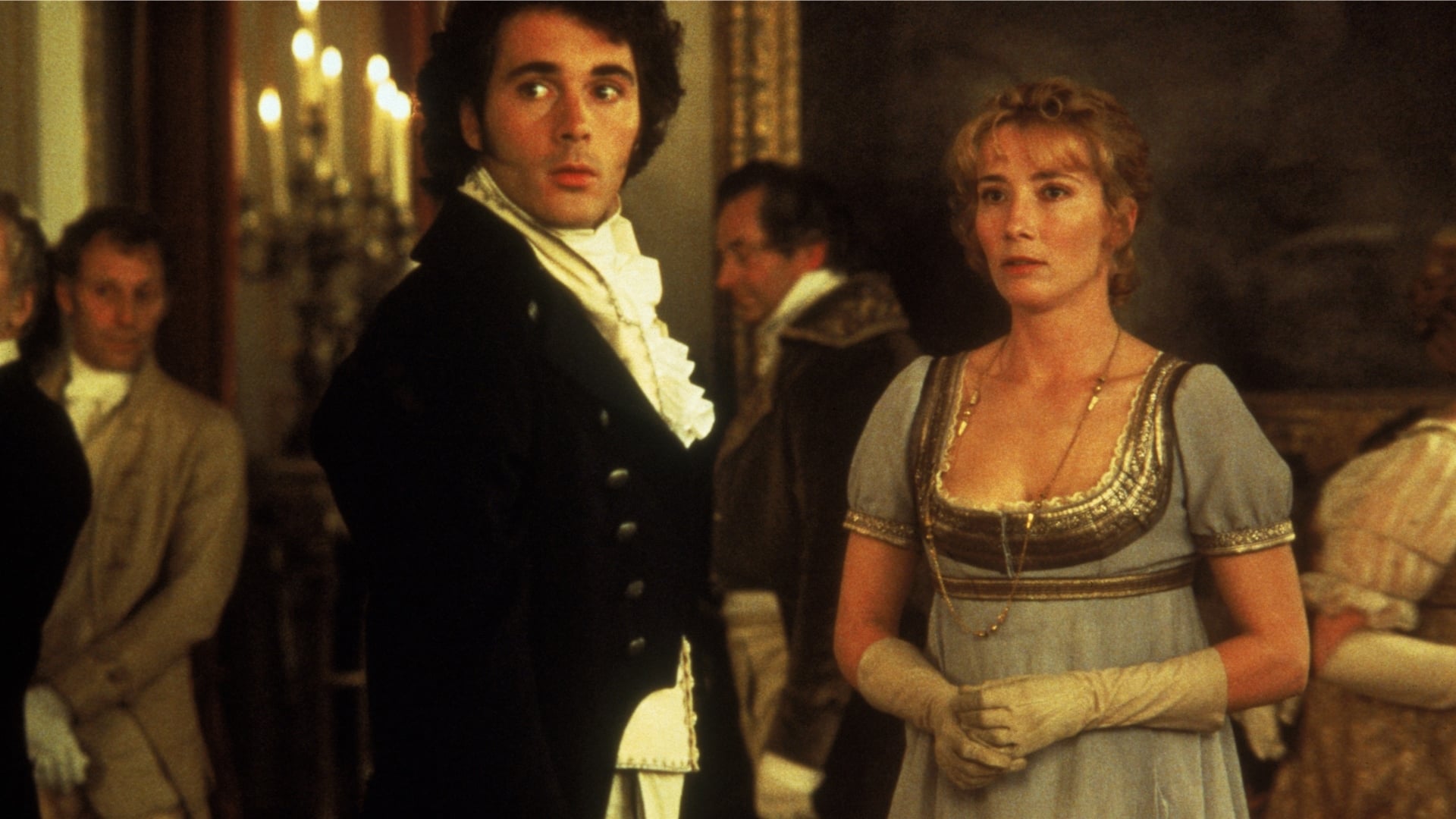
Overview: Emma Thompson (who also wrote the screenplay) stars as Elinor Dashwood, balancing duty and desire alongside her impulsive sister Marianne (Kate Winslet).
Why It Stands Out: Lee’s delicate direction and Thompson’s witty script capture Austen’s humor and pathos. Alan Rickman’s Colonel Brandon adds depth to the romantic entanglements.
Legacy: Won seven Oscar nominations, solidifying Austen’s relevance in modern cinema.
9. Atonement (2007)
Director: Joe Wright
Based on: Ian McEwan’s Atonement (2001)
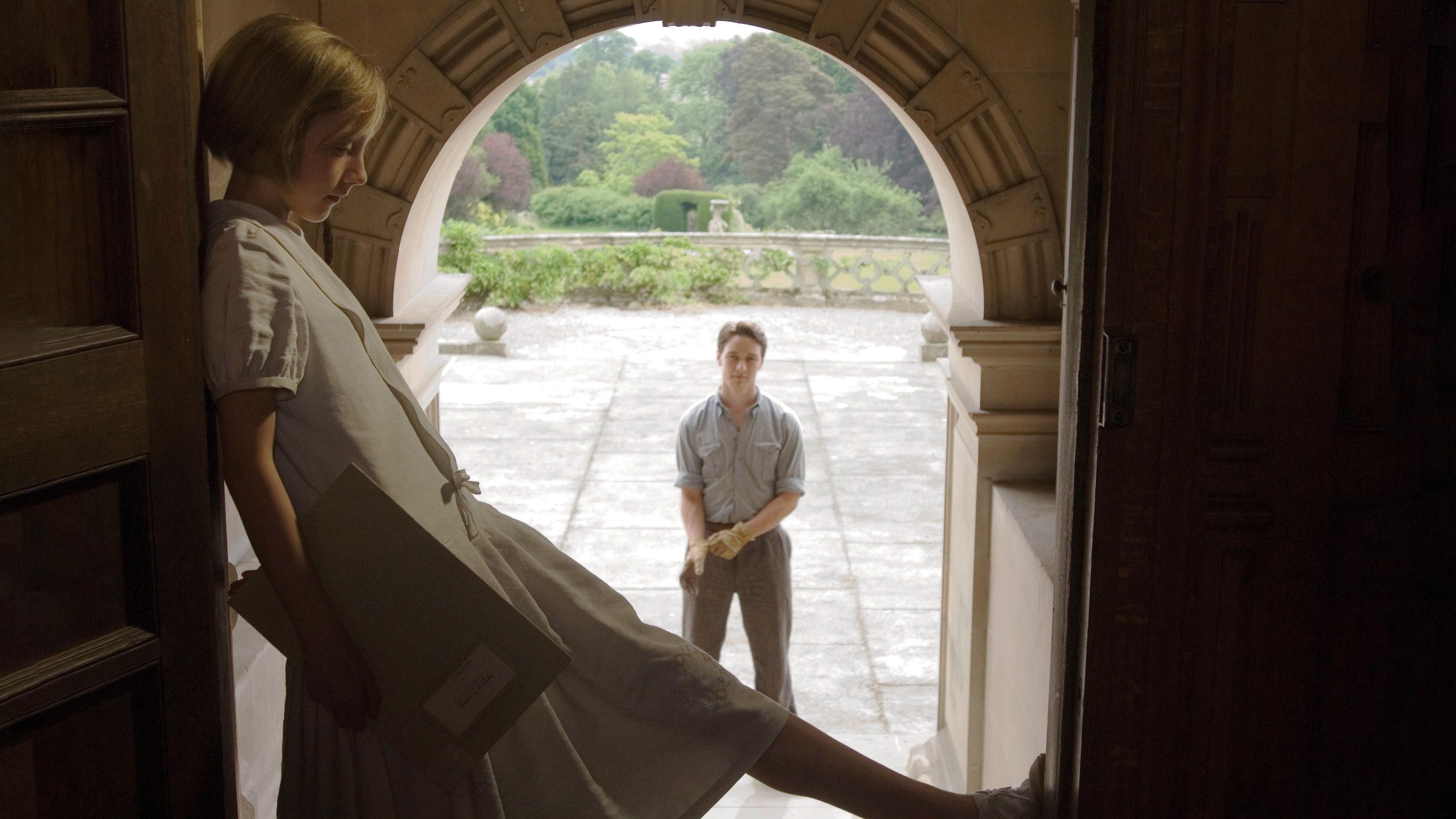
Overview: A young girl’s lie irrevocably alters the lives of her sister Cecilia (Keira Knightley) and lover Robbie (James McAvoy) in this sweeping tale of love and guilt set against WWII.
Why It Stands Out: Wright’s use of a typewriter-inspired score and a haunting five-minute Dunkirk tracking shot immerses viewers in the story’s emotional and historical scope.
Legacy: Nominated for seven Oscars, it’s celebrated for its narrative ingenuity and visual poetry.
10. The Hours (2002)
Director: Stephen Daldry
Based on: Michael Cunningham’s The Hours (1998)
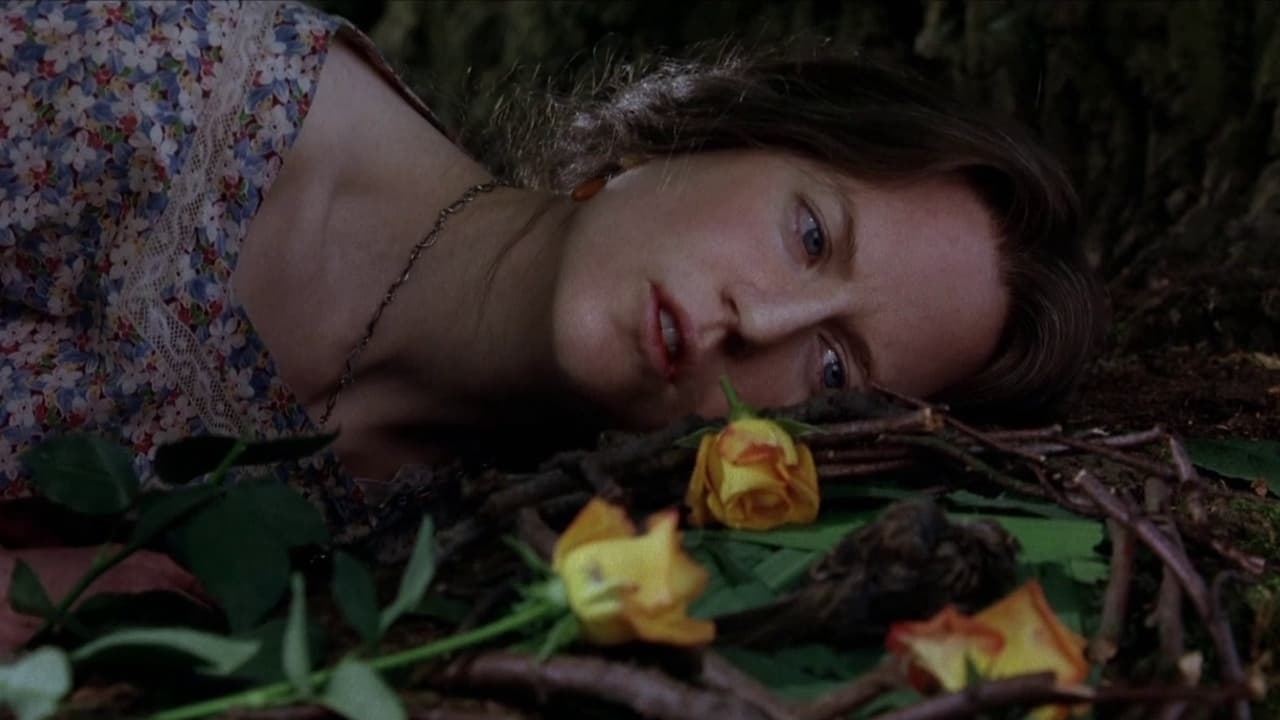
Overview: Interweaving three timelines—Virginia Woolf (Nicole Kidman) writing Mrs. Dalloway, a 1950s housewife (Julianne Moore), and a modern editor (Meryl Streep)—the film explores themes of despair and resilience.
Why It Stands Out: Kidman’s transformative performance as Woolf anchors this meditation on mental health and creativity. Philip Glass’s score underscores the interconnectedness of the stories.
Legacy: Won Kidman an Oscar, praised for its lyrical adaptation of Cunningham’s Pulitzer-winning novel.
